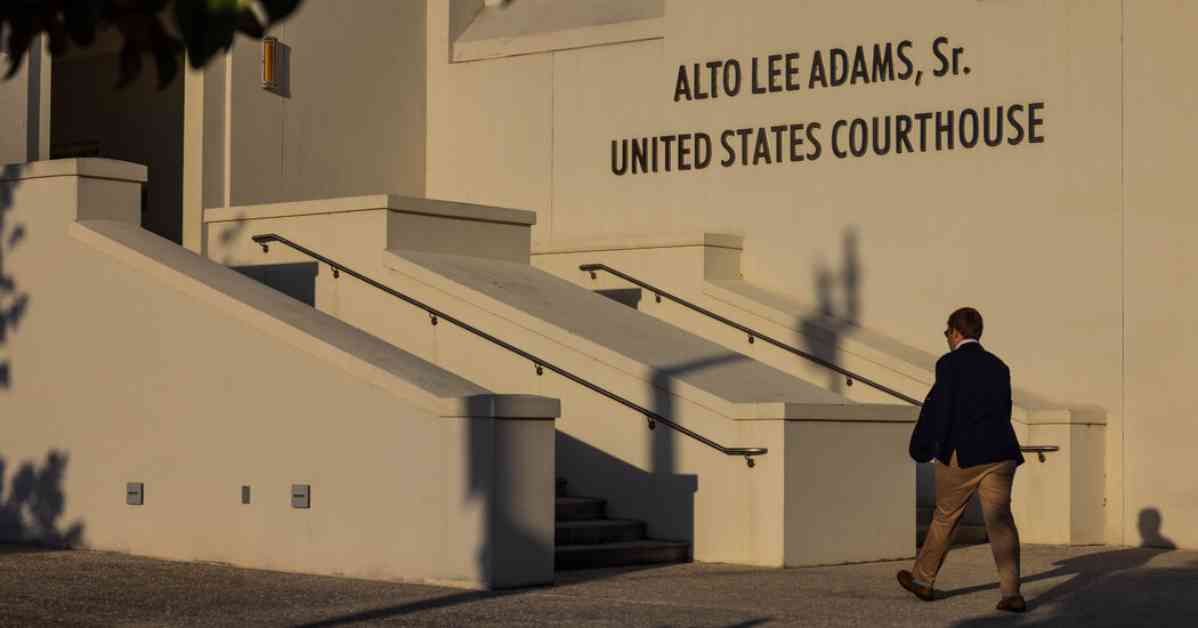Judge Aileen Cannon has made a decision that impacts the case against former President Donald J. Trump. She ruled that prosecutors cannot charge him based on an incident involving a highly sensitive military map shown to a political adviser after he left office. This incident took place during a meeting at Mr. Trump’s golf course in Bedminster, N.J. in August or September 2021.
During this meeting, prosecutors claim that Mr. Trump showed the classified map related to a military operation to Susie Wiles, a representative of his political action committee. Despite not having a security clearance or a need-to-know about the classified information, Mr. Trump allegedly discussed the military campaign with Ms. Wiles.
While this incident sheds light on Mr. Trump’s handling of classified materials, it is not a central focus of the case. The main allegations revolve around Mr. Trump’s removal of nearly three dozen documents containing sensitive national security secrets from the White House and his attempts to hinder the government from retrieving them from Mar-a-Lago, his private club in Florida.
Although Judge Cannon removed the incident involving the map from the indictment, a similar allegation remains untouched. Prosecutors claim that a few months earlier, Mr. Trump showed a classified battle plan to a group of individuals interviewing him for a memoir at his Bedminster property.
While this ruling may be seen as a setback for the prosecution, it does not significantly weaken the overall case against Mr. Trump. Prosecutors may still be able to introduce evidence of the incident involving the map to the jury if the case proceeds to trial.
The decision made by Judge Cannon highlights the complexities of the case and the challenges faced by both the prosecution and the defense. As the legal proceedings continue, the public will closely follow the developments in this high-profile case involving a former president and classified documents.





















